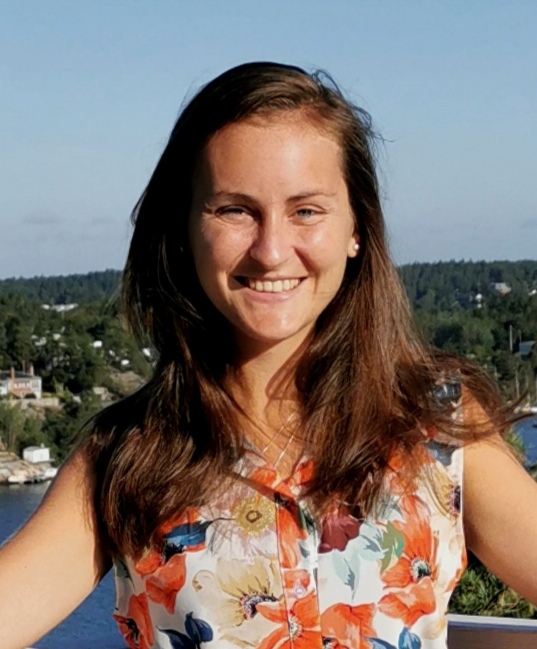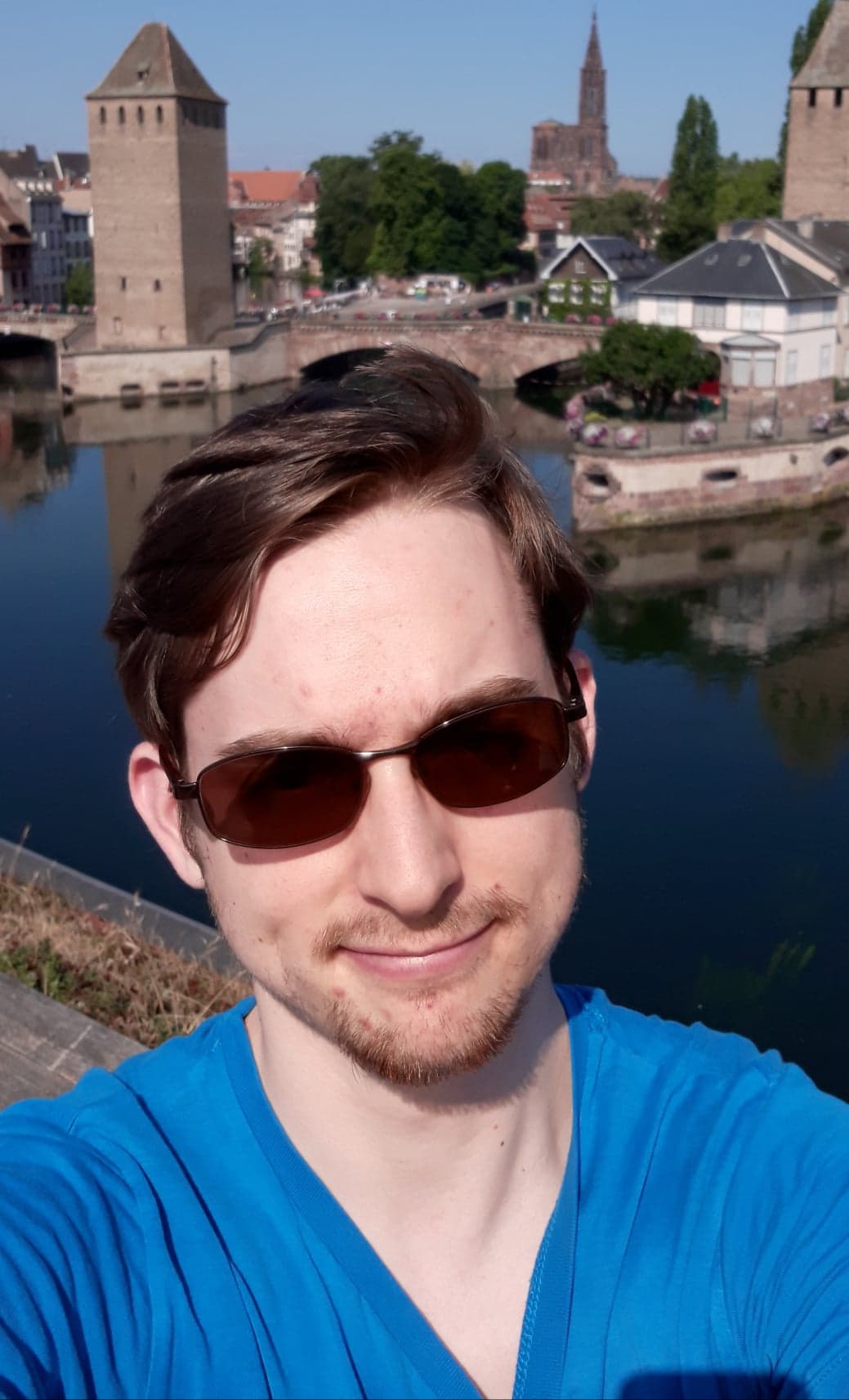MUHAMMAD ASGHAR
 Dr Muhammad Asghar is Senior Researcher at Divison of Infectious Diseases, Department of Medicine Solna, Karolinska Institutet, Sweden. Dr Asghar is expert in infectious diseases and ageing biology and his research focus on one the presently most interesting and yet most challenging question in biology and medicine, how physiological stressors, such as infectious diseases impinge ‘cost’ on the body, and how such cost eventually leads to organ dysfunction, physiological degradation, ageing and senescence.
Dr Muhammad Asghar is Senior Researcher at Divison of Infectious Diseases, Department of Medicine Solna, Karolinska Institutet, Sweden. Dr Asghar is expert in infectious diseases and ageing biology and his research focus on one the presently most interesting and yet most challenging question in biology and medicine, how physiological stressors, such as infectious diseases impinge ‘cost’ on the body, and how such cost eventually leads to organ dysfunction, physiological degradation, ageing and senescence.
Dr Asghar is highly skilled and independent scientist and has produced several high-impact papers (including, Science Magazine, Ageing Cell and Proceedings of the Royal Society Biology). These publications got worldwide attention and he has received Katma Award from Cooper Ornithological Society USA for outstanding paper of the year 2015. Dr Asghar has recently received two highly prestigious grants, Ragnar Söderberg Fellowship and VR-Starting grant to establish as a young research Leader.
Born and raised in Punjab, Pakistan, Dr Asghar received his BS-Zoology (4-years) degree from Bahauddin Zakariya University Multan, Pakistan. Later moved to Sweden and completed his master and PhD in molecular ecology at Lund University. Dr Asghar completed 4-years post-doctoral training at Department of Medicine, Karolinska Institutet. After that he serve the Department of Medicine KI as Assistant Professor for two years before taking the Group leader and Senior Researcher position. Dr Asghar love nature, reading, traveling and music.
AURELIE MIGLAR (PhD student)
 During my undergraduate studies in Ecology at the University of Vienna (B.Sc. 2015) my main focus was to study empirical and theoretical host-parasite, and genotype-environment interactions. Pursuing an internship at the University of Gothenburg at the Department of Bioinformatics and Functional genomics introduced me to novel Next-Generation Sequencing (NGS) approaches, helping to provide sophisticated understanding of the genome complexity of the malaria parasite Plasmodium falciparum, with relevance on developing advanced preventive treatment concepts.
During my undergraduate studies in Ecology at the University of Vienna (B.Sc. 2015) my main focus was to study empirical and theoretical host-parasite, and genotype-environment interactions. Pursuing an internship at the University of Gothenburg at the Department of Bioinformatics and Functional genomics introduced me to novel Next-Generation Sequencing (NGS) approaches, helping to provide sophisticated understanding of the genome complexity of the malaria parasite Plasmodium falciparum, with relevance on developing advanced preventive treatment concepts.
I shifted my focus to the field of Molecular Medicine during my Masters at the University of Vienna (M.Sc. 2017), to acquire comprehensive specialized skills in modern, molecularly-oriented life sciences, and fundamental knowledge on genetic and epigenetic dispositions underlying mono- and polygenic diseases. I conducted research in the Dr. Karl Kuchler Lab at Max von Perutz Laboratories (MFPL), studying drug resistance and mechanisms in the pathogenesis of the fungal species Candida albicans. Soon after, I joined Prof. Anna Färnert’s Lab at the Division of Infectious Diseases at the Karolinska Institutet, Stockholm. I performed my Master’s project under the supervision of Dr. Muhammad Asghar, studying the effect of chronic infection on cellular aging, applying high through put technology to establish the long-term impairment of chronic diseases and their effect on cellular aging in humans.
I joined Dr. Asghar’s Lab in 2017 as a PhD student, to continue my research on determining the role of infectious diseases as exogenous drivers of allostatic load and aging. My main research goal is to determine and target the fundamental molecular and cellular mechanisms of diseases driving accelerated aging in humans, in respect of studying immune-senescence in acute, repeated and chronic infections and their respective long-term effect in disease endemic areas.
REMI MICHELIN (Research assistant)
 I did bachelor in Biochemistry and Molecular Biology in Dijon, France and Master in Virology, Gene Therapy and Vectorolog at Toulouse, France. I did first internship during my first year of master degree on somatic commutation in pro-B cells which initiated me to the world of science. During my second years of Master, I joined the team of Dr. Muhammad Asghar for an internship on the effect of virus infection on cellular ageing from January to July 2019 at the Division of Infectious Diseases at the Karolinska Institutet, Solna. It allowed me to develop my knowledge in molecular biology methods and ageing. I came back in this same team to work as a research assistant.
I did bachelor in Biochemistry and Molecular Biology in Dijon, France and Master in Virology, Gene Therapy and Vectorolog at Toulouse, France. I did first internship during my first year of master degree on somatic commutation in pro-B cells which initiated me to the world of science. During my second years of Master, I joined the team of Dr. Muhammad Asghar for an internship on the effect of virus infection on cellular ageing from January to July 2019 at the Division of Infectious Diseases at the Karolinska Institutet, Solna. It allowed me to develop my knowledge in molecular biology methods and ageing. I came back in this same team to work as a research assistant.